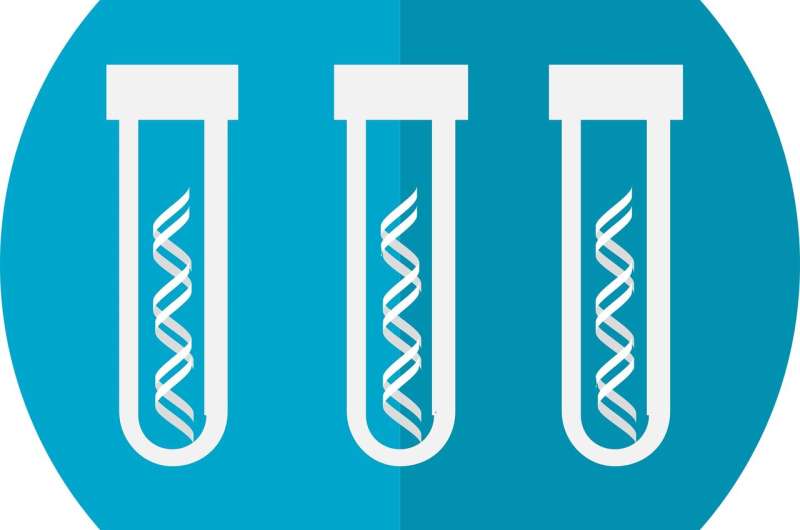Brain Peptide ODN Enhances Glucose Regulation and Suppresses Hunger in Animal Studies

New research reveals that the brain-derived peptide ODN can suppress appetite and improve glucose regulation without side effects, opening new avenues for obesity and diabetes treatment.
Recent research from the University of Pennsylvania and Syracuse University has uncovered promising findings about a brain-derived peptide called octadecaneuropeptide (ODN). Produced by glial cells in the hindbrain, ODN has been shown to suppress appetite and improve blood glucose regulation in animal models, including rats, mice, and musk shrews. These effects were achieved without inducing nausea or vomiting, which are common side effects of many obesity treatments.
The study highlights a novel signaling pathway involving glia-to-neuron communication within the dorsal vagal complex (DVC). Activation of this pathway via ODN triggered significant weight loss, enhanced glucose disposal, and reduced insulin resistance in obese animals. Notably, ODN influences several key processes: decreasing meal size and duration, improving insulin sensitivity, and decreasing blood glucose levels, all while not affecting vital signs like body temperature or heart rate.
Mechanistically, glial cells in the brainstem produce ODN, which responds to nutrient signals such as glucose and hormones like GLP-1. When administered directly into the brain ventricles, ODN suppressed food intake, mitigated hyperglycemia, and lowered circulating glucagon and free fatty acids. These findings suggest that the ODN signaling system naturally acts as a nutrient availability indicator and could be targeted for new treatments.
Further experiments demonstrated that synthetic ODN derivatives, such as TDN, when given systemically, produced similar beneficial effects—reducing food intake and improving glucose metabolism. Unlike some current therapies, ODN-based interventions did not cause adverse side effects, making it a promising candidate for future therapies targeting obesity and type 2 diabetes.
In conclusion, ODN represents a significant advancement in understanding the brain's role in energy balance and glucose regulation. Targeting this glial-derived peptide pathway offers a potential strategy for developing effective and safe treatments for metabolic disorders.
Stay Updated with Mia's Feed
Get the latest health & wellness insights delivered straight to your inbox.
Related Articles
Certain Disposable Vapes May Emit More Toxic Metals Than Traditional Cigarettes
Research indicates that some disposable vapes emit higher levels of toxic metals than traditional cigarettes, raising health concerns among users, especially youth.
West Coast States Establish New Agency to Lead Vaccine Guidelines Amid Political Tensions
California, Washington, and Oregon announced the creation of the West Coast Health Alliance to develop vaccine guidelines independently amid concerns over politicization and federal disruptions at the CDC.
Understanding the Rise of DNA Testing by Australian Health Insurers
Australian health insurers are now providing DNA tests to predict individual responses to medications, raising important questions about data security, ethical use, and future health screening. Learn what you need to know about this emerging trend.
California's Abandonment of Community Health Worker Programs Worsens Health Disparities
California's rollbacks on community health worker programs threaten progress in reducing health disparities among vulnerable populations, highlighting the need for ongoing support and recognition of their vital role in healthcare.



